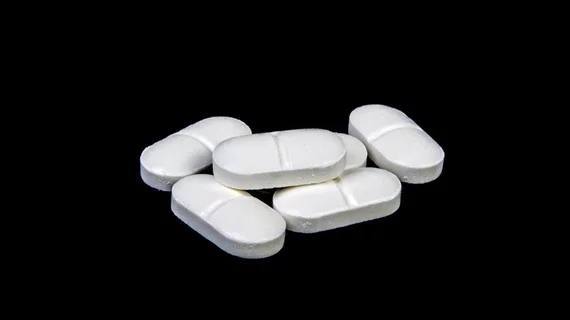Esteemed epidemiologist: ‘We must start treating immediately’ with hydroxychloroquine
Contrary to popular politicized opinion, hydroxychloroquine can be highly effective against COVID-19, according to a seasoned epidemiology professor at the Yale School of Public Health.
The only caveats are that the much-debated drug must be administered early in the virus’s attack and, when doable, combined with the antibiotics azithromycin or doxycycline and the nutritional supplement zinc.
So maintains Harvey A. Risch, MD, PhD, whose credentials include authoring more than 300 peer-reviewed studies and holding senior positions on editorial boards at several leading scientific journals.
Risch’s opinion piece is running in Newsweek.
After summarizing evidence of hydroxychloroquine’s efficacy against COVID and contextualizing widely disseminated warnings about its potential for causing cardiac arrhythmia, Risch pleads with the public to place hard science over hot passion.
“In the future, I believe this misbegotten episode regarding hydroxychloroquine will be studied by sociologists of medicine as a classic example of how extra-scientific factors overrode clear-cut medical evidence. But for now, reality demands a clear, scientific eye on the evidence and where it points,” he writes.
“For the sake of high-risk patients, for the sake of our parents and grandparents, for the sake of the unemployed, for our economy and for our polity, especially those disproportionally affected, we must start treating immediately.”
Click here to read the whole thing.

